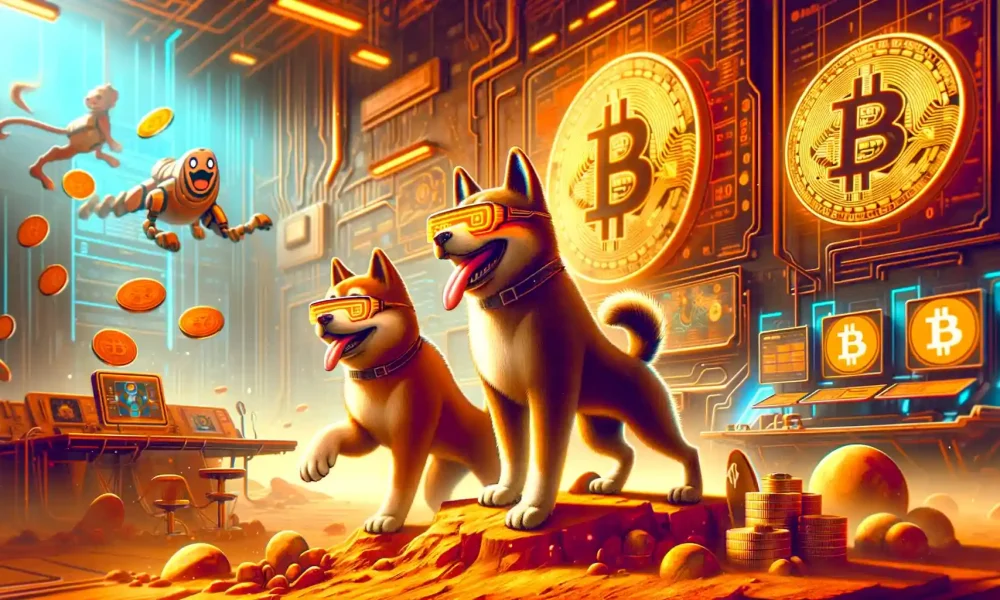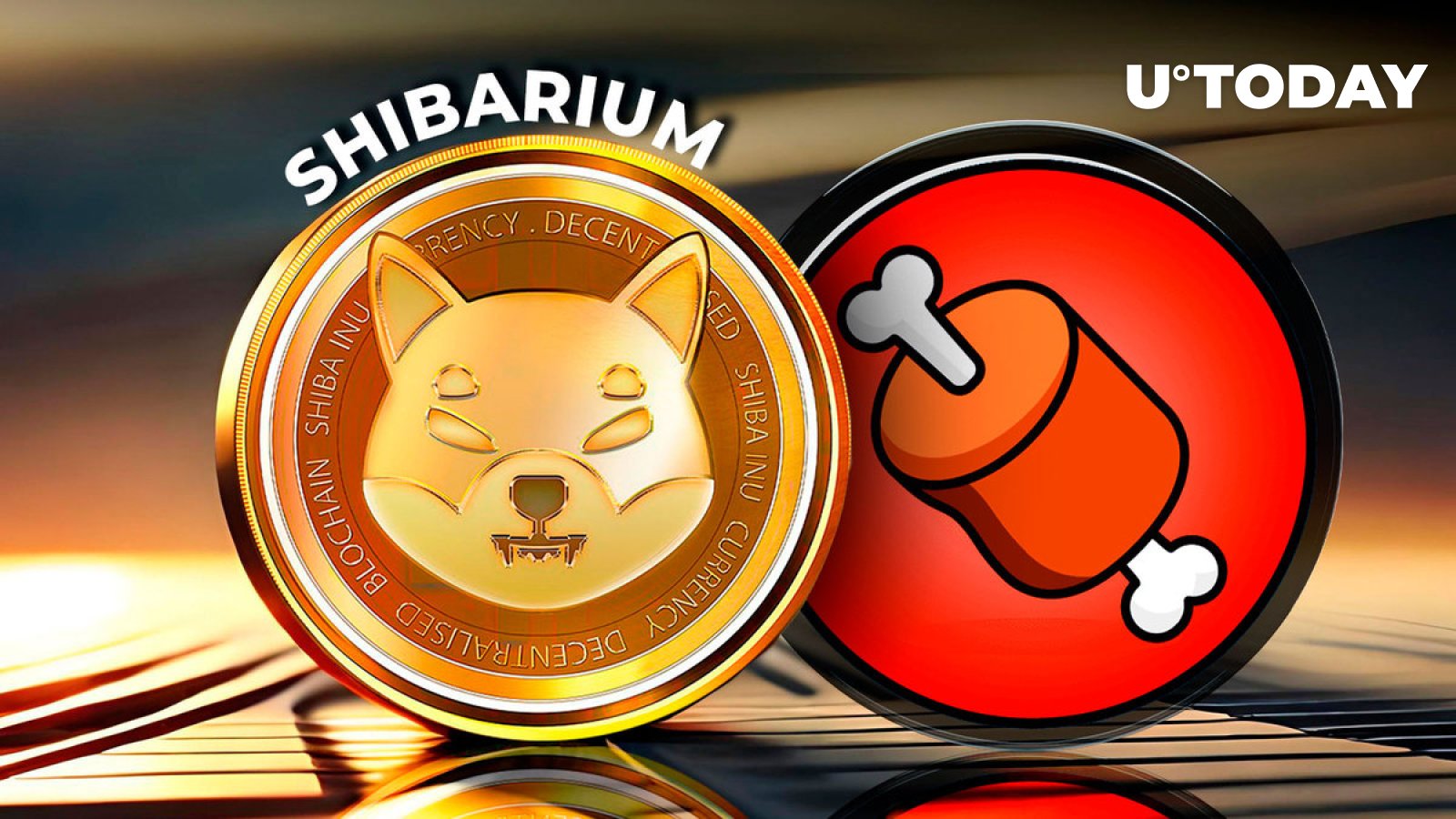Non-Fungible Tokens: Indians get a taste of NFTs as Bachchan, Salman Khan test waters

While their entry has generated a lot of buzz, leading to growing awareness and “maistreamisation” of this emerging industry, several founders of Indian NFT projects and sector experts that ET spoke with said some of these NFT assets are opportunistic and lack key features such as uniqueness, rarity, and long-term credibility.
Now, NFT is a unique digital token that can be used as a digital certificate of authenticity for any asset, digital or physical, be it art, music or a tweet. NFTs are bought and sold online, like cryptocurrencies. While cryptos are fungible, or replaceable,
NFTs are one of a kind.
A big leap for NFTs came about earlier this year when a set of art pieces by digital artist Beeple was sold for $69.3 million in a Christie’s auction.
In India, over the past few months, Bachchan dropped his first NFT collection, Salman Khan announced a partnership with NFT marketplace Bollycoin, former India cricketer Parthiv Patel’s Cricket Foundation launched its NFT marketplace for cricket, and several other actors and Bollywood musicians have signed up with NFT marketplaces such as Colexion.
While some marketplaces are sourcing ownership rights from production houses, others are developing new content and minting it as an NFT.
“There are a lot of players who have come into this space for quick land grab,” said Anshum Bhambri, cofounder of Faze Technologies, which has signed a partnership with the International Cricket Council (ICC) to create exclusive digital collectibles (using NFTs) for cricket. “They are signing up certain people, doing a few drops and making a few quick million dollars,” he said.
Faze Technologies recently raised $17.4 million, or about Rs 130 crore, in a seed-funding round led by Tiger Global with participation from Coatue and Sequoia Capital India. Dapper Labs, Samsung Next and Courtside Ventures also participated in the round.
Vishakha Singh, vice-president and cofounder of WazirX NFT Marketplace, said, “I think from the entertainment industry’s perspective, it’s largely being seen through the PR lens. But it’s great as it creates awareness, and helps us get mainstream.”
Singh is a former actor and a film producer.
In India, retail participation has been minimal so far, which industry stakeholders attribute to lack of quality NFTs and clarity around future value of such digital items.
“If diehard fans want to signal they own a certain unique token representing a moment or experience, that’s totally fine,” said Nitin Sharma, partner at venture capital firm Antler India Fund. “But many retail investors may be buying these only for speculation. They may also not understand what exactly they are buying into.”
He said these digital assets could be subject to securities laws to some degree.
Law experts said NFTs could fall under multiple laws and presently have no single law applying to it.
“When seen as a derivative of value of an asset like a piece of art that underlies a NFT, it is important to note that at present only derivative of financial assets are open for trading and that too at recognised stock exchanges under a specific Sebi regime and stock exchange rules,” said Sunil Jain, partner at AnantLaw. “NFT dealing with a non-financial asset like a piece of art are thus not part of any regulatory or policy prescription.”
Another reason for lack of enthusiasm, as per stakeholders, has been the quality of NFTs in the market that has resulted in tepid sales.
Nascent market:
Bachchan’s NFT collection was sold for about Rs 7.18 crore in an auction hosted by BeyondLife.club. The platform’s founder Keyur Patel told ET that the company is targeting a global audience for its NFTs.
Similarly, several NFT marketplaces that have come up in recent months are banking on the international audience and Indian diaspora to take them to the bank, as the industry is still in a very early stage of adoption within the country, according to data shared by a few NFT marketplaces with ET.
Kalamint, an NFT marketplace founded by an Indian, featured in the top 20 marketplaces globally by DappRadar that tracks sales across multiple blockchains. It sold NFTs worth $2.7 million between April and October. According to Kalamint’s founder Sandeep Sangli, demand from Indian buyers has been slow.
Crypto exchange WazirX’s NFT marketplace said it has sold NFTs worth $400,000 between July and October.
In comparison, world’s most popular NFT marketplace OpenSea clocked $1.88 billion in NFT volumes in the last 30 days, as per DappRadar’s website.
Operators of prominent Indian NFT marketplaces attribute the moderate growth in sale to socio-economic trends as well as lack of cultural inclination to invest in art. “Consumer behaviour is something that we realised early on, which is why we started positioning ourselves as a global marketplace,” said Sangli of Kalamint.
He, however, said there has been a pick up from Indian buyers in the last two months.



